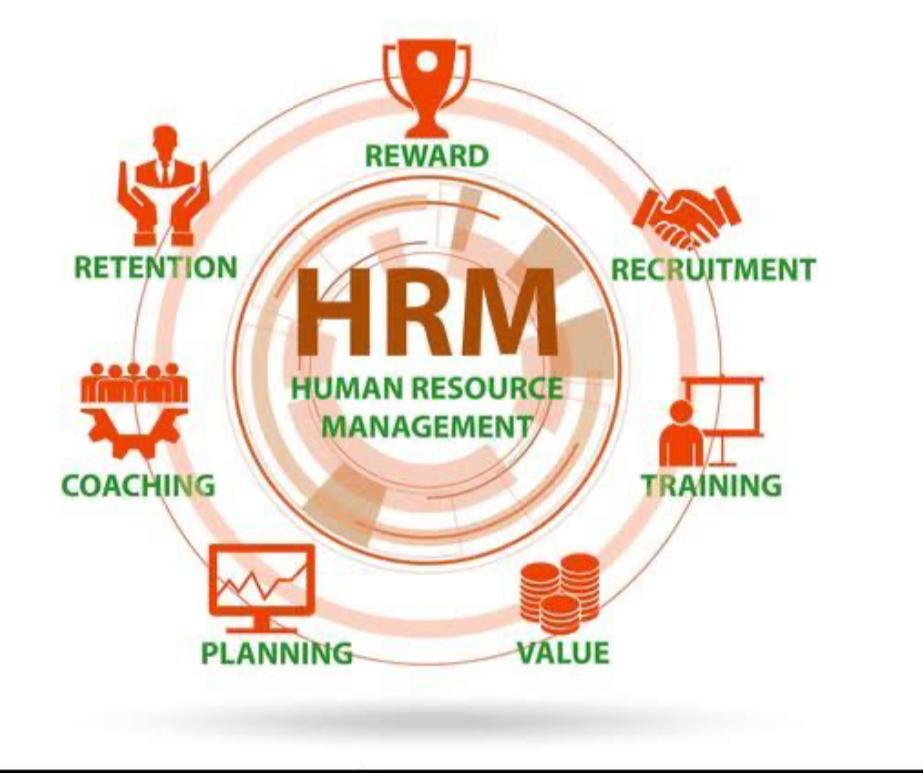
Specific Course objectives:
1. To impart understandings on human resource management.
2. To equip the students with basic knowledge and skills required for the acquisition, development and retention of human resources.
3. Develop the organizational practices of induction and organizational training practices.
4. Analyze the concept of performance appraisal and career planning.
5. Understand the compensation management and grievance redressal practices in the organization.
Specific course outcomes:
1. Knowledge of human resource management helps to run business effectively.
2. Understand the necessary skills required for the employment in an organization.
3. Familiarity with the induction and organizational training practices helps to have effective trained work force in the organisation..
4. Understand the concept of career planning and performance appraisal.
5. Insight on compensation and grievance management practices helps to take effective and appropriate decisions on time.

Specific course objectives:
1. To learn to account for redemption of pref. shares, bonus shares, right shares and buy back of shares.
2. Construct the financial practices of banking companies and preparation of final accounts.
3. Develop accounting practices of life insurance companies and drafting final accounts.
4. Demonstrate the preparation of consolidated financial statements of group companies.
5. Develop important disclosure based accounting standards and interim financial reporting.
Specific course outcomes:
1. Becomes competent to prepare accounts related with redemption of preference shares, bonus shares, right issue of shares and buy back of shares.
2. Realizes the concept of preparation of final accounts of banking companies.
3. Develop the skill of preparation of final accounts of life insurance companies.
4. Able to prepare the final accounts of group companies.
Understand the concept of disclosure based accounting standard and interim reporting.
Specific course objectives:
1. To impart basic knowledge of various business law in force.
2. To understand in detail of Indian Contract Act and its application on business situations.
3. To Learn Sale of Goods Act 1930 and its application.
4. To study Consumer Protection Act and grievance handling mechanism.
5. To understand Limited Liability Partnership and its application of partnership business.
Specific outcomes:
1. Helps to establish and run business as directed by the government.
2. Knowledge of Indian Contract Act 1872 helps to enter into valid contracts in life and business.
3. Learning of Sale of Goods Act helps to do business keeping all legal formalities.
4. Understanding of the privileges and rights of consumers helps to do legally standing business admitting the status of the customers; increases business and relationships in the long run.
5. Able to create LLP business with sound legal knowledge.

Specific course objectives:
1. To know professional and soft skills for business, business communication and documentation.
2. To measure the applications e –learning resources and it’s delivery in India.
3. To learn data analysis, networking, artificial intelligence, ethical and legal considerations.
4. To realize IT and society, cyber ethics, cyber crimes, cyber laws and E-governance initiatives.
5. To introduce digital marketing, types of digital marketing, social media and advertisements.
Specific outcomes:
1. Facilitates easy business communication
2. Improved knowledge of E-learning resources and its delivery broadens vision and insight of management.
3. Knowledge of artificial intelligence and data analysis helps to diversify and grow business cutting across obstacles
4. Knowledge of existing national and international cyber laws makes communication and business easier.
5. Digital marketing and its application of social media channels and advertisements enhances changes and horizon of business.

Specific course objectives:
1. Understand the basic concepts of theory of equations and quadratic formula.
2. To learn matrices, types, use and its application on various business situations.
3. To impart knowledge on progressions and its applications.
4. To learn various types of interest, growth rate and calculation of EMI on debt repayment.
5. To realize the concepts of descriptive statistics and its applications.
Specific outcomes
1. The learner learns the concepts of equations and quadratic formula.
2. Facilitates the scholar to use matrices for large volume data processing.
3. This helps to solve problems involving arithmetic and geometric progressions.
4. Able to choose the right mode of interest and EMI for debt repayment
Develop the skill of using descriptive statistical tools